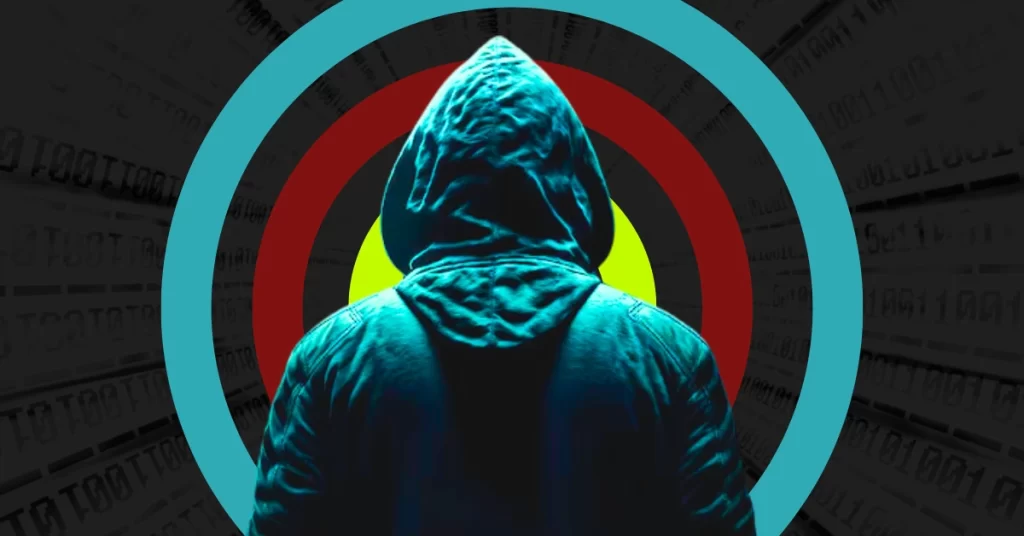
The post M2 Exchange Hacked for $13 Million—Are Users Fund Safe? appeared first on Coinpedia Fintech News
Crypto space isn’t spared of crypto hacks which have resulted in a loss of $33.63 billion until now. Recently, just as the industry was healing from one of its largest hacks, another exchange fell victim to hackers. M2, a well-known cryptocurrency exchange, has been hacked, resulting in a loss of approximately $13 million from its hot wallets. Let’s explore how this incident occurred and whether users’ funds are safe.
How Did the Hack Happen?
Recently, the cryptocurrency exchange M2, known for operating across multiple blockchain networks, suffered a major security breach. Approximately $13 million was stolen from its hot wallets, affecting assets on popular platforms like Ethereum, Bitcoin, and Solana.
Meanwhile, the hackers targeted M2’s hot wallets, which are always connected to the internet for quick transactions. This connection made them easy targets for cybercriminals raising significant concerns about the security practices of exchanges relying on hot wallet storage.
M2’s Promises to Customers
In response to the breach, M2 quickly assured its users that the situation was under control. In a tweet, they announced, “We would like to report that the situation has been fully resolved and customer funds have been restored.
M2 has taken full responsibility for any potential losses, demonstrating our commitment to our customers.
All services are now fully operational with new security measures in place.” While M2 is trying to rebuild trust, the crypto community remains on edge.
Rising Crypto Hack & Scam
Meanwhile hacks and scams are becoming a huge issue in the crypto world. According to Slowmist a blockchain security firm in the last 13 years, the industry suffered nearly $33.63 billion has been lost due to 1727 reported hacking incidents.
Meanwhile, the recent M2 exchange incident occurred nearly four months after a hacker stole over $230 million from WazirX, an Indian cryptocurrency exchange, as the second-largest cryptocurrency hack of 2024 so far.
Such incidents raise concerns about security at crypto exchanges and the need for better protection for digital assets.













